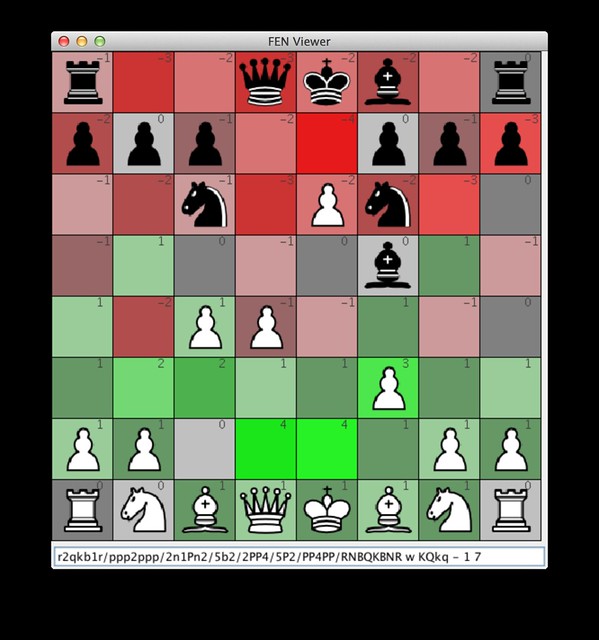Peer Assessment in Architecture Education – Brno – ICTPI'14 – Mafalda Teixeira de Sampayo, David Sousa-Rodrigues, Cristian Jimenez-Romero, and Jeffrey Johnson
The role of peer assessment in education has become of particular interest in recent years, mainly because of its potential benefits in improving student’s learning and benefits in time management by allowing teachers and tutors to use their time more efficiently to get the results of student’s assessments quicker. Peer assessment has also relevant in the context of distance learning and massive open online courses (MOOCs).
The discipline of architecture is dominated by an artistic language that has its own way of being discussed and applied. The architecture project analysis and criticism goes beyond the technical components and programme requirements that need to be fulfilled. Dominating the architecture language is an essential tool in the architect’s toolbox. In this context peer assessment activities can help them develop skills early in their undergraduate education.
In this work we show how peer assessment acts as a formative activity in architecture teaching. Peer assessment leads the students to develop critical and higher order thinking processes that are fundamental for the analysis of architecture projects. The applicability of this strategy to massive open online education systems has to be considered as the heterogeneous and unsupervised environment requires confidence in the usefulness of this approach. To study this we designed a local experiment to investigate the role of peer experiment in architecture teaching.
This experiment showed that students reacted positively to the peer assessment exercise and looked forward to participating when it was announced. Previously to the assessment students felt engaged by the responsibility of marking their colleagues. Subsequently to the first iteration of the peer assessment, professors registered that students used elements of the qualitative assessment in their architecture discourse, and tried to answer the criticisms pointed to their projects by their colleagues. This led their work in directions some hadn’t considered before.
The marks awarded by the students are in good agreement with the final scores awarded by the professors. Only in 5 cases the average score of the peer assessment differed more than 10% from marks given by the professors. It was also observed that the professor’s marks where slightly higher than the average of the peer marking. No correlation was observed between the marks given by a student as marker and the final score given to that student by the professors.
The data produced in this experiment shows peer assessment as a feedback mechanism in the construction of a critical thought process and in the development of an architectural discourse. Also it shows that students tend to mark their colleagues with great accuracy. Both of these results are of great importance for possible application of peer assessment strategies to massive open online courses and distance education.

 Decorreu hoje em Lisboa a Manifestação da Indignação dos professores contra o actual estado da carreira docente e claro contra a Ministra da Educação. A PSP estima que tenham estado na manifestação cerca de 100 000 professores dos 143 000 que existem no país… Um verdadeiro sucesso.
Decorreu hoje em Lisboa a Manifestação da Indignação dos professores contra o actual estado da carreira docente e claro contra a Ministra da Educação. A PSP estima que tenham estado na manifestação cerca de 100 000 professores dos 143 000 que existem no país… Um verdadeiro sucesso.